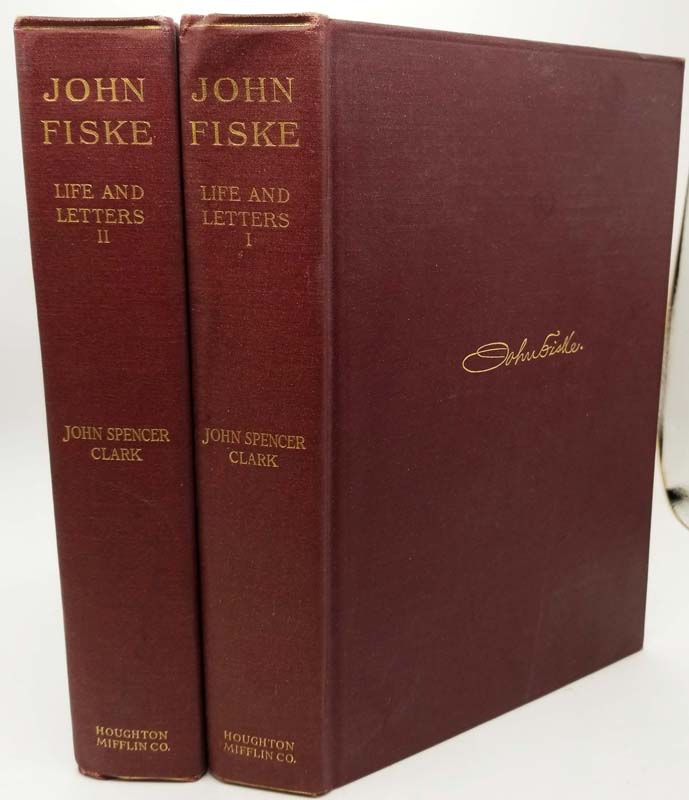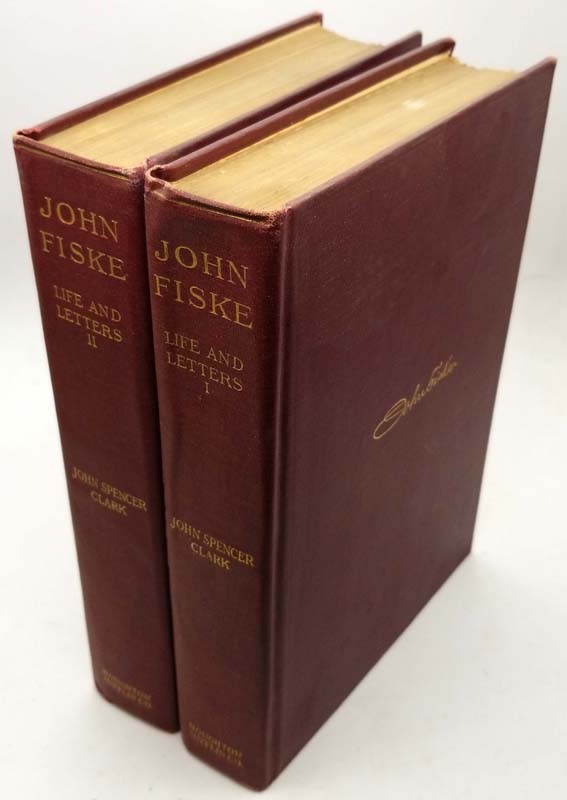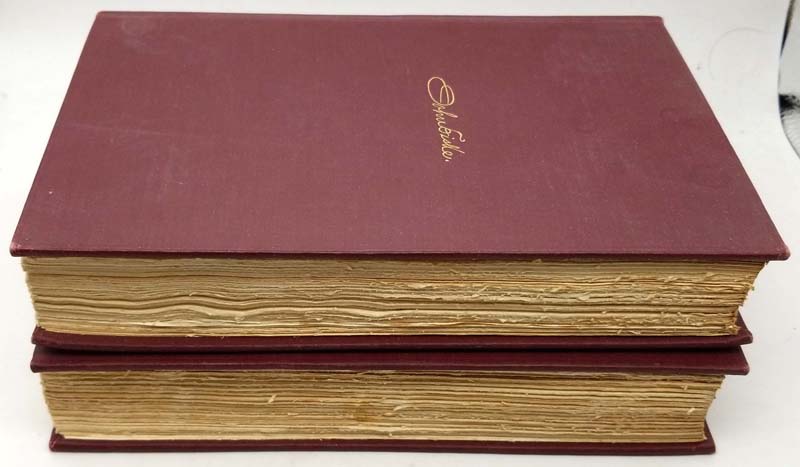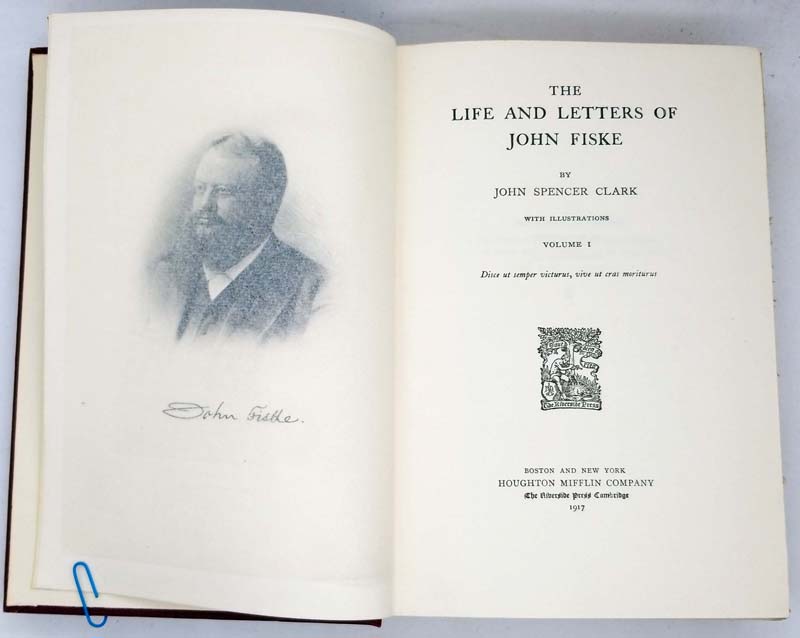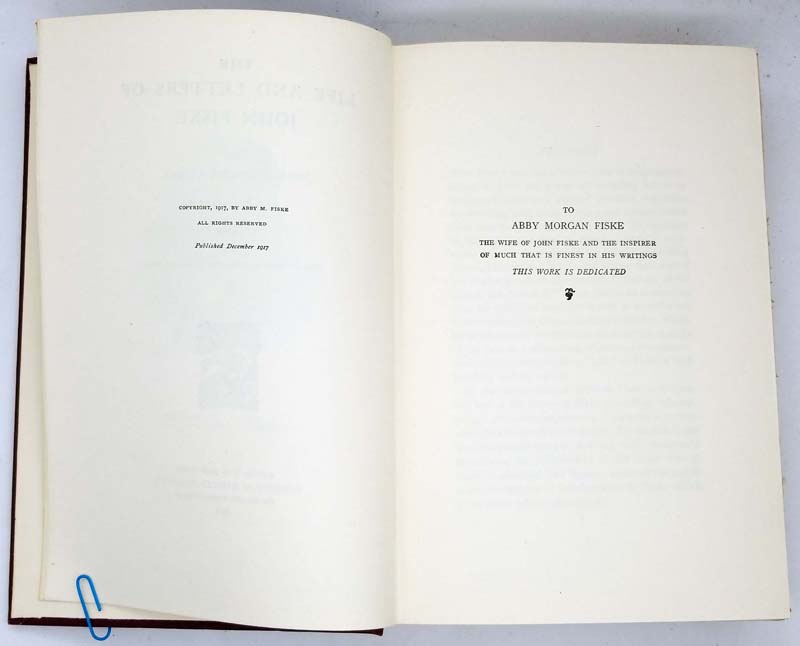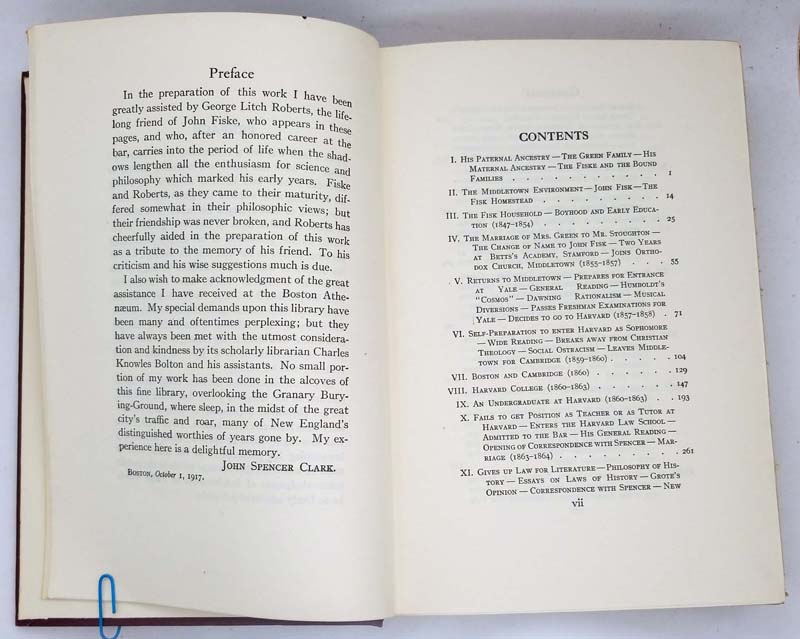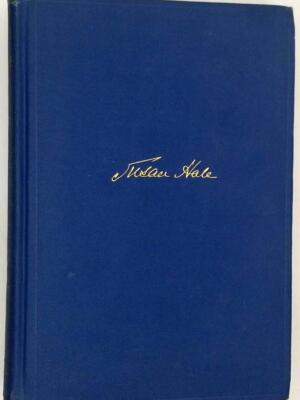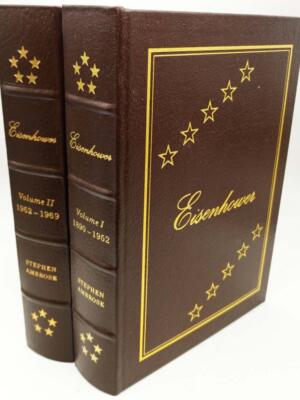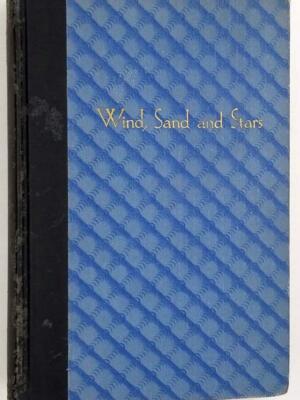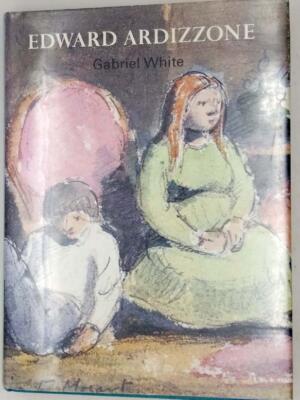The Life and Letters of John Fiske – John Spencer Clark (1917)
John Spencer Clark’s magisterial biography immerses readers in the intellectual world of John Fiske—the 19th-century American thinker who bridged evolutionary science and cultural history with rare clarity and charm. Published sixteen years after Fiske’s death, this two-volume work weaves together private correspondence, lecture notes, and personal reminiscences to reveal the man behind influential works like Outlines of Cosmic Philosophy and The American Revolution.
Clark traces Fiske’s trajectory from child prodigy (entering Harvard at 15) to public intellectual, showcasing his tireless efforts to reconcile Darwinism with humanistic values. The letters unveil Fiske’s dialogues with figures like Charles Darwin (who praised his interpretations), Oliver Wendell Holmes Jr., and Thomas Huxley, while exposing his financial struggles and self-doubt beneath a veneer of Victorian optimism.
What emerges is more than biography—it’s a panoramic study of Gilded Age thought. Fiske’s belief in evolution as a moral force (“the cosmic process exists for the sake of moral progress”) mirrors America’s own tensions between science and faith, individualism and social reform. Clark’s editorial voice remains discreet, letting Fiske’s wit and warmth shine through missives to his wife and sardonic notes to publishers.
A testament to the power of ideas—and the messy, human lives that shape them—this remains the definitive window into a thinker who made complexity accessible, insisting science could “fill the world with light, not darkness.”
